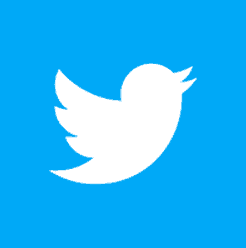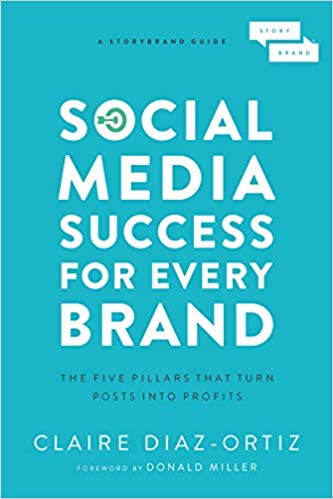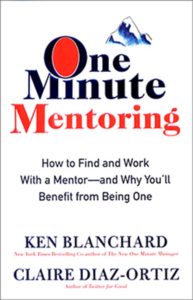There’s been a lot written about the use of Twitter for writers, and for folks who think in words.
As others have said before me, Twitter helps you distill your ideas, refine your thinking, and polish what you want to say into less. If you used to think in words, now you may think in Tweets.
(I do.)
Although the ideal novel or non-fiction tome may not be 140 characters (or it may be, as this recent round-up of 140 character novels by The Guardian showed!), learning to edit your words is a key tool for any great writer.
On the heels of the ongoing proof about the power of Twitter for those writer-brained folk, I loved this article from Media Bistro about why smart people prefer Twitter to LinkedIn and Facebook.
Of note:
“To really engage with Twitter requires lateral thinking and attention. It’s an ever-changing, information sharing platform and does require a greater degree of attention, concentration and the ability to retain, organise and apply information And to drill down a complex thought into 140 characters or fewer requires problem solving skills and clarity of thought,” she said.
Now, before you get up in arms and argue that I’m saying only dumbos do well in Facebook, take note: I’m not.
(Saying that.)
Instead, what I am saying (and what this article points at), is that Twitter may be a more intellectual tool than other social networks, forcing you to create and cull great content, refine your thinking, and polish your words.
Yes, some of these things exist on Facebook, and to a lesser extent on LinkedIn, but overwhelmingly Facebook proves a place to chat with people you know (about what happened at work, what your kids did last night, what restaurant you want to check out, and what cute shoes you’re wearing), and LinkedIn proves a place to network with those you want to work with (i.e. “I’m a brainy PR exec looking for a job in a fast-paced firm. Might you be willing to chat with me for 10 minutes to tell me what it’s like to work at XXX”?).
Twitter, in contrast, pushes the envelope on creative content creation and consumption.





I like this and agree. Composing a GOOD tweet takes time. And it is especially good practice for writers and editors (I am also these things 😉 ).
You make a good point. It certainly requires one to invest more time in thinking about what they will say. It took me a year or so to understand the purpose of Twitter and now I’ve found it to be an even better way to connect than other social networks. It’s fascinating.
Alright, I’m a smart person! Twitter’s my favorite social media platform outside of my blogs. It’s instant, and at any time of the day or night I can find someone to talk to or respond to and get the same in kind. I can use it for personal stuff or business stuff, and I can change on the fly if necessary. I’m kept up to date on what’s going on if there’s an emergency somewhere and know about it before it hits the news. Frankly, it only works because it only allows quick, short messages; otherwise it’s Google Plus; nice but not as friendly.
I absolutely agree with you…I love twitter for it’s simplicity yet powerful tool for a social networking.
Stronger mental prowess,stronger skills and the efficient application of both seems to dwell within the Twitterverse more than anywhere.
LinkedIn cant be a social and Twitter cant be a professional’ social media, So both are very different to each other.